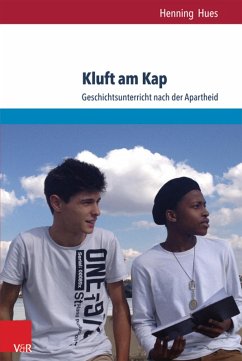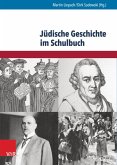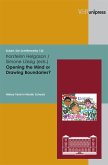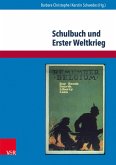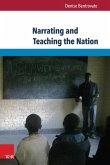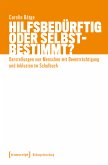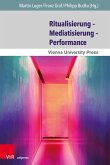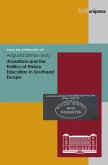After a period of political reconstruction, the South African school curriculum is considered as instrument to end institutionalized discrimination and contribute to democratic and egalitarian education structures. Scholars in education agree about the contrast between educational planning/curricula and the actual teaching/learning process. The curriculum and its goals, ideas and perspectives cannot be implemented linearly, but are affected through biography and experience of both teachers and learners.This study is devoted to the empirical illumination of the tension-filled relationship of instructional practices and curricular standards in the context of a post-conflict scenario. It goes beyond theoretical curricular considerations and ventures into the scene, namely the classroom, in order to compare theoretical aspirations and school practices. As an object of investigation the school dealing with the topic of "apartheid" in history of South African schools.
Dieser Download kann aus rechtlichen Gründen nur mit Rechnungsadresse in A, B, BG, CY, CZ, D, DK, EW, E, FIN, F, GR, H, IRL, I, LT, L, LR, M, NL, PL, P, R, S, SLO, SK ausgeliefert werden.

